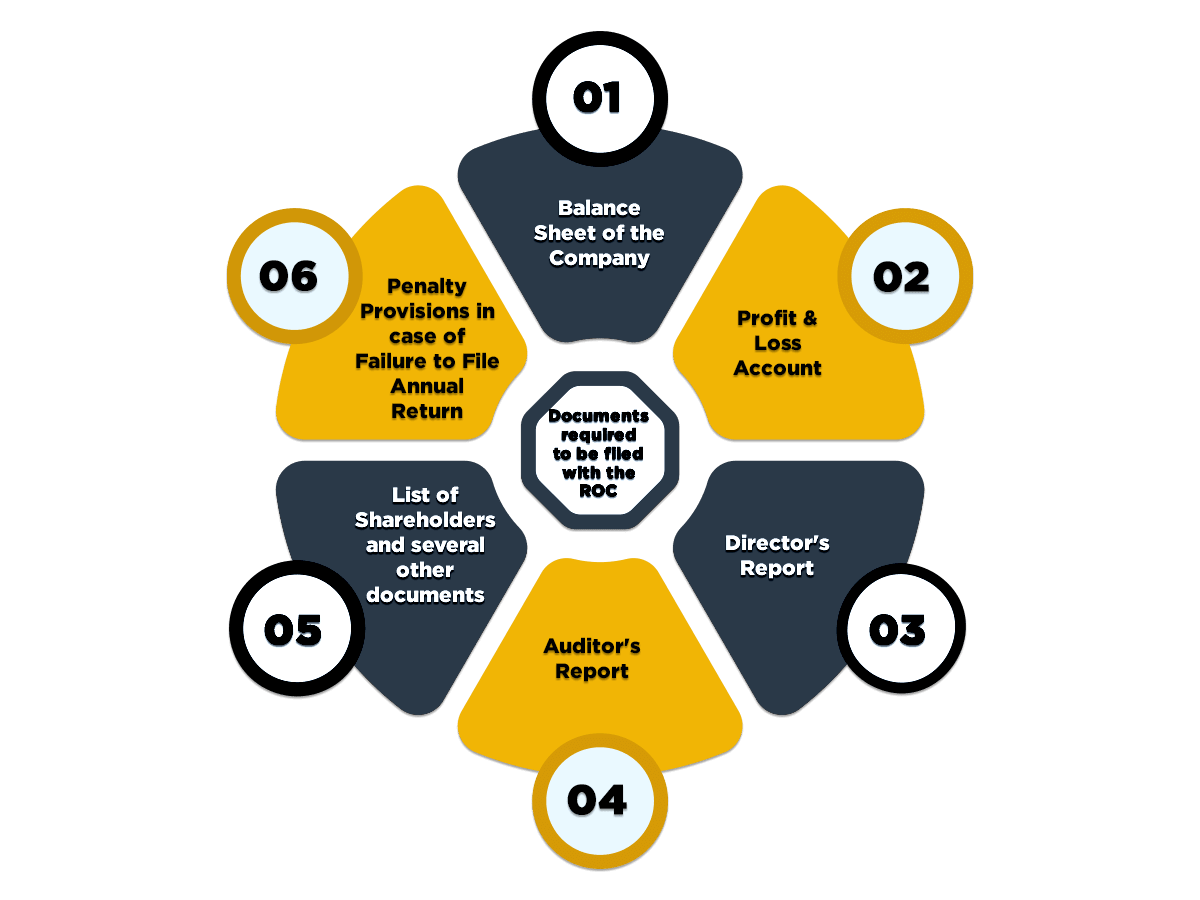
Copyright © 2025
TaxArth Services Private Limited.
All Rights Reserved.

A Partnership is one of the most important forms of a business organization. A partnership firm is where two or more persons come together to form a business and divide the profits in an agreed ratio. The partnership business includes any kind of trade, occupation and profession. A partnership firm is easy to form with fewer compliances as compared to companies.
The Indian Partnership Act, 1932 governs and regulates partnership firms in India. The partnership firm is constituted under a contract between the partners. The contract between the partners is known as a partnership deed which regulates the relationship among the partners and also between the partners and the partnership firm.


Partnership deed is an agreement between two or more partners which clearly defines the rights, responsibilities, profit share and other obligations of each partner clearly. The deed can be written or oral, although we recommend a written partnership deed to avoid any conflicts in the future.
Partnerships are governed by the Indian Partnership Act, 1932. An application form along with the requisite fees is submitted to Registrar of Firms of the particular State in which the firm is located. The registration of Partnership Firm in India can take up to 12 to 14 working days. However, the time taken to issue a certificate of incorporation may vary as per the regulations of the concerned state.

| Point of Difference | Partnership | Limited Liability Partnership |
|---|---|---|
|
Liability |
Unlimited Liability |
It has a separate legal entity. Limited Liability |
|
Minimum and Maximum Members |
Minimum - 2 Maximum - 20 |
Minimum - 2 Maximum - unlimited |
|
Registration Act |
Registered under Partnership Act 1932 |
Registered under LLP Act 2008 |
|
Registration |
Registration is to be done with Ministry of Corporate Affairs. |
Registration is to be done with Registrar of Firms |
|
Minor Partner |
Minor can be partner |
Minor cannot be partner |
|
Annual Return |
Not mandatory to file |
Mandatory to file |
|
Agreement between partners |
Partnership Deed governs the partnership. |
LLP Agreement governs the LLP |
|
DSC |
Not required |
Required |
Partnership Firm
The registration of a Partnership Firm in India can take up to 12 to 14 working days. However, the time taken to issue a certificate of incorporation may vary as per the regulations of the concerned state. The registration of a Partnership Firm is subject to Government processing time which varies for each State.
Often, if the partnership agreement is not registered, the court may deem a partnership invalid. If the object of the business is illegal, the court may consider the partnership invalid and dissolve the partnership.
If the partners of a firm wish to end the partnership, they can do so by dissolving the partnership by notice, if it is a partnership of will. A partnership can be dissolved in accordance with the terms laid out in the Partnership Deed, or they can do so by creating a separate agreement.
Yes, a partner can transfer his share in the business to an outsider, but only with the consent of all other partners.
Yes, partners may be partners in another firm in their individual capacity.
It is not compulsory for a partnership deed to be in writing. Partnerships can also be oral.
In a certain sense, a partnership certification of incorporation can be revoked, this often termed as dissolution. A dissolution can be brought upon automatically when all partners or all partners except one partner are declared insolvent or if the firm is carrying unlawful activities, i.e. like trading in drugs or other illegal products, corporate malpractice or making business engagements with countries that may harm the interest of India.
Every partner is jointly liable with all the other partners and also individually, for all acts/activities of the firm, during the course of business while he/she is a partner. This means that if a loss or injury is caused to any third party or a penalty is levied during the course of business all partners will be held liable even if the injury or loss was caused by one of the partners.
The Partnership Act does not prohibit a non-citizen from joining an Indian partnership firm, subject to necessary clearances and permissions from satisfactory authorities in this regard.
Capital is the initial amount in cash or kind contributed by the partners to start the business. There are no such guidelines on minimum capital by partners. It is not necessary for each partner to contribute equally to the capital. The contribution is based on the agreement between the parties.
Partners must be major, should be sane and should not be disqualified by law from entering into a contract. A minor cannot be a partner in a Partnership firm. However as per Section 30 of the Indian Partnership Act, with the consent of all the partners for the time being, he may be admitted to the benefits of partnership by an agreement executed through his guardian with the other partners.
Once tax is paid by a firm, no tax will be payable by the partners on share of income from the firm. However, Interest and/or remuneration etc. received by a partner will be taxed in his hands as Business or Professional Income.
It is not mandatory to register a partnership firm as per the provisions of the Partnership Act, 1932. However, it is better to register a partnership firm. If the firm is not registered it cannot avail any legal benefits provided to the firm under the Partnership Act, 1932.
For the Assessment Year 2022-23, a partnership firm (including LLP) is taxable at 30%.
Yes, An entity incorporated as a Private Limited Company, Partnership Firm or a Limited Liability Partnership can register themselves under the startup India scheme.
No. This is because of the different ownership interests of a partnership and a company structure. Owners of a company are shareholders as they purchase their interest in the company by buying shares or stocks.





